Gifting Sense – Best School-Age Financial Education Project Runner-Up | The MAIAs 2022
One of the perennial problems with teaching children and young people about money is knowing what can be taught at which ages. And how. And when.
MAIA co-founder Michael Gilmore said: “Gifting Sense’s founder, Karen Holland, realised that the first time children really start interacting with money is when they spend it, and so she chose to use that moment to insert more thought about what they are doing. It’s a small but very precise moment, and incredibly clever.”
The MAIA judges agreed, awarding it with a runner-up MAIAward for best school-age project. Karen Holland says, “When there is more financial knowledge available than ever before, why do citizens around the globe continue to struggle with successfully managing their personal finances?
Karen Holland says, “When there is more financial knowledge available than ever before, why do citizens around the globe continue to struggle with successfully managing their personal finances?
“At Gifting Sense, we believe this is because most financial information doesn’t feel that relevant to us during childhood when our money scripts are being developed. And financial information needs to be relevant to be helpful!”
Gifting Sense is a mission-driven organization with no fee structure, paywall or registration requirements granting access. This means parents and educators don’t have to worry about their children using the site to practice thinking before buying.
“Our’ money stories’ – the habits and beliefs we unconsciously develop about money between the ages of 3 and 13 – not only inform how we think and act about money as adults but tend to remain stable. This is why it’s essential to have positive money-management experiences early in life,” Karen explains.
“Shopping offers all sorts of natural opportunities to witness money-smarts in action. But we have to meet kids ‘where they are’ when they’re considering a purchase that means something to them, for the desired learning to take hold.” One of the primary ways the program gets across the message of ‘think before you buy’ is with its innovative DIMS – Does It Make Sense?® Score calculator that lets children assess, compare, and categorize potential purchases in time to avoid one they might regret.
One of the primary ways the program gets across the message of ‘think before you buy’ is with its innovative DIMS – Does It Make Sense?® Score calculator that lets children assess, compare, and categorize potential purchases in time to avoid one they might regret.
“Calculating the DIMS Score® takes all of three minutes but is a very effective “speed bump”; it slows down the pace at which consumer decisions are made, just enough to help a young person avoid spending in a way that may not make sense for them or their family,” Karen says.
“What we have developed is a quick and fully accessible way for children from all economic realities to experience that thinking before buying is a rewarding – and not boring – life skill. When children experience first-hand that thinking before buying does not mean you never get to do or buy anything fun, asking financial questions moves from an intimidating task to a powerful tool. We’re trying to instil the habit of thinking before buying.”
Although advertising has been word of mouth, the website has proved popular, with over 20,000 visits. This equates to around 7500 ‘smarter decisions’, as very few children visit just once. Karen is looking to rapidly expand the platform’s reach in the future.
Karen adds, “History teaches us that simple habits can yield big results. Thinking before buying is another simple habit that can improve the future.”
Michael Gilmore said, “Teaching the idea of pausing and reflecting before a purchase is a simple principle, but also a valuable one. If children learn to apply this to their everyday lives, they will benefit from it into adulthood.”
For more information about Gifting Sense, you can visit their website, or email us at michael@www.maiawards.org.
